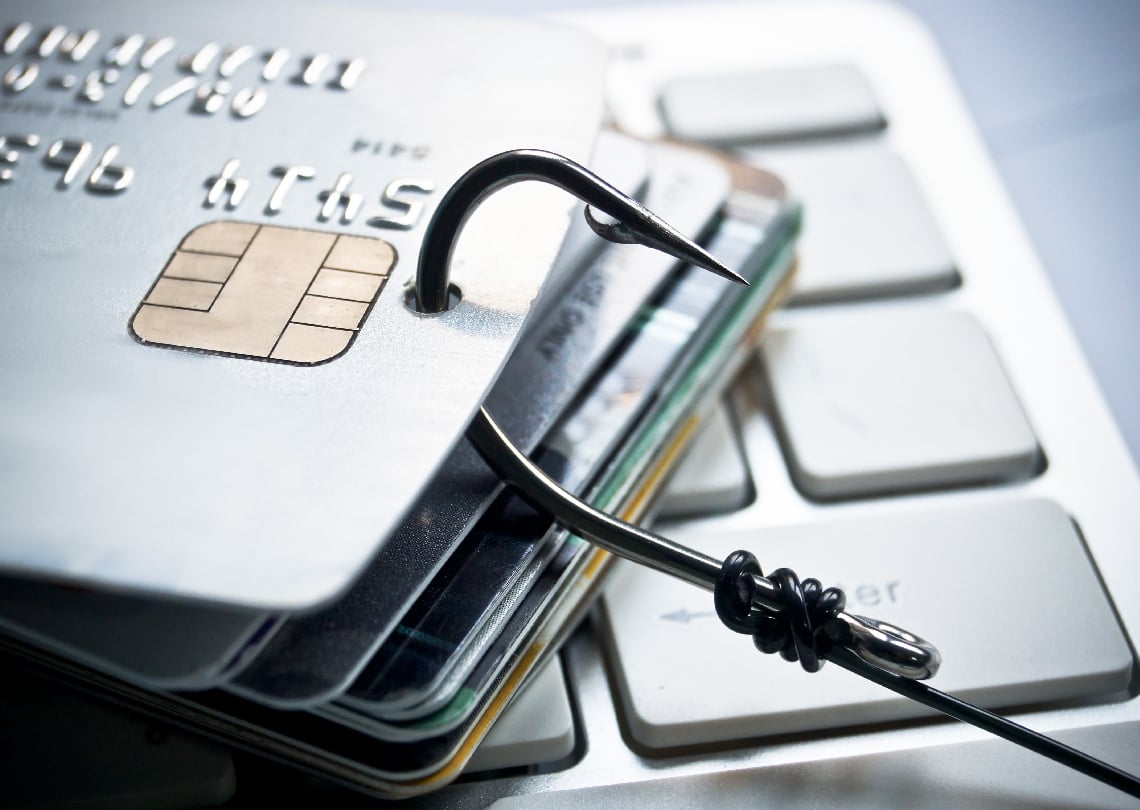Convenience and Risk

The weekend announcement that Lloyds Bank in the UK is to replace tens of thousands of cards following hacking incidents at Ticketmaster and BA reminds us of the ongoing fight against card fraud that has a history almost as long as the cards themselves. Some of us have been in the industry long enough to remember the first murmurings about phantom withdrawals at ATMs, industry wide initiatives such as the APACS Cardwatch scheme, experiments with photocards and the chip and PIN initiative that dramatically reduced fraud opportunities at the point of sale. I also remember industry spokespeople in the nineties saying that combating fraud was like pressing down on a balloon. As you applied pressure on one area so it came up somewhere else. More recently card not present fraud has been countered by the introduction of innovative solutions that perform multiple checks and authenticate transactions in seconds.
So why is the latest announcement significant? It provides a reminder to those of us who regularly book flights or book tickets to concerts and sporting events online that our data can still be at risk. Now don't get me wrong. No way do I want to return to standing in line for tickets (we've all done it!) and it won't prevent me from booking concerts via the Internet. In reality these days you have no choice. If you want to get in you have to provide your details, either via the keyboard or over the phone.
But what about other online transactions and how does it affect individuals' attitude to digital payments in general?
Global Data has been quoted as saying that the fear of fraud is as much a problem as fraud itself (Payments Week 7 December 2017). 'The high profile nature of online card fraud, combined with the anonymity of the crime has led consumers in almost all global markets to be far more afraid of online card fraud happening to them than the statistical possibility of it actually occurring.' What we are concerned about here is confidence in a payments mechanism. According to Global Data research, almost two thirds of respondents in the US reported being worried about online card fraud. In China, such fraud represents just 0.2 percent of transactions, but 85 percent of consumers were worried about it.
Of course, we shouldn't assume that ecommerce necessarily involves digital payments. Even in Europe Cash on Delivery is used for 13 percent of online transactions and according to DPD Group research and in Eastern European countries the figure is much higher - Hungary 54%, Romania 69%, Slovakia 72%.
Globally, as we consider the increase in digital payments and the associated increase in online shopping it is important to acknowledge that the card industry has made massive strides in eradicating card fraud. However, while stories like the above continue to hit the front pages of our media it is the fear of fraud that may put a brake on e-commerce growth and there will always be those for whom a cashless society represents a step too far.